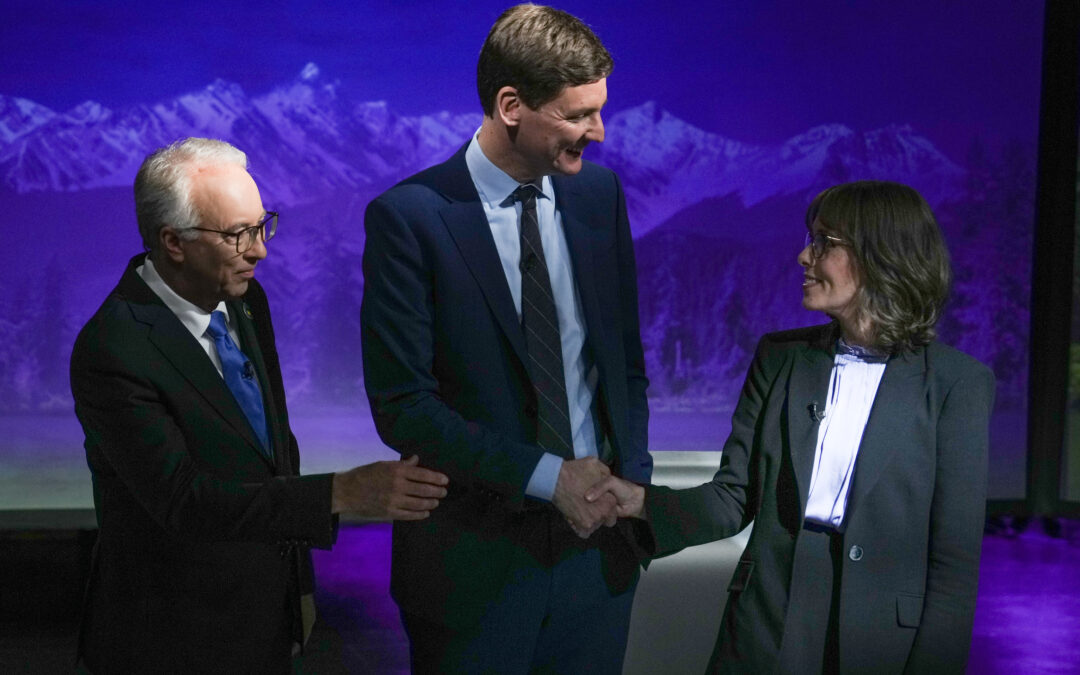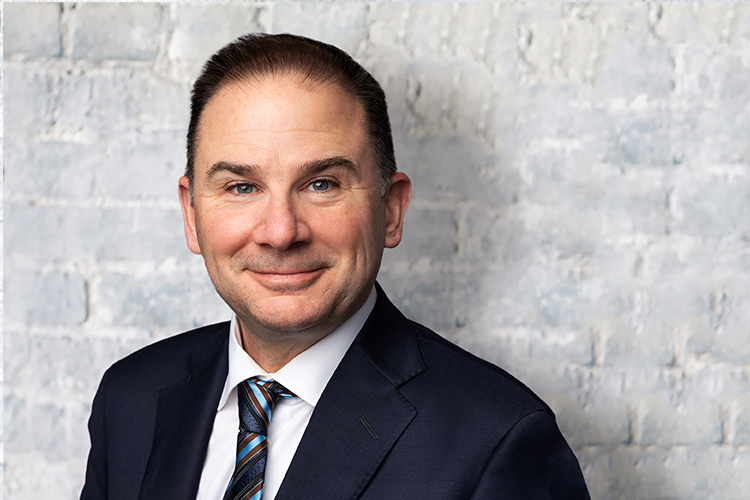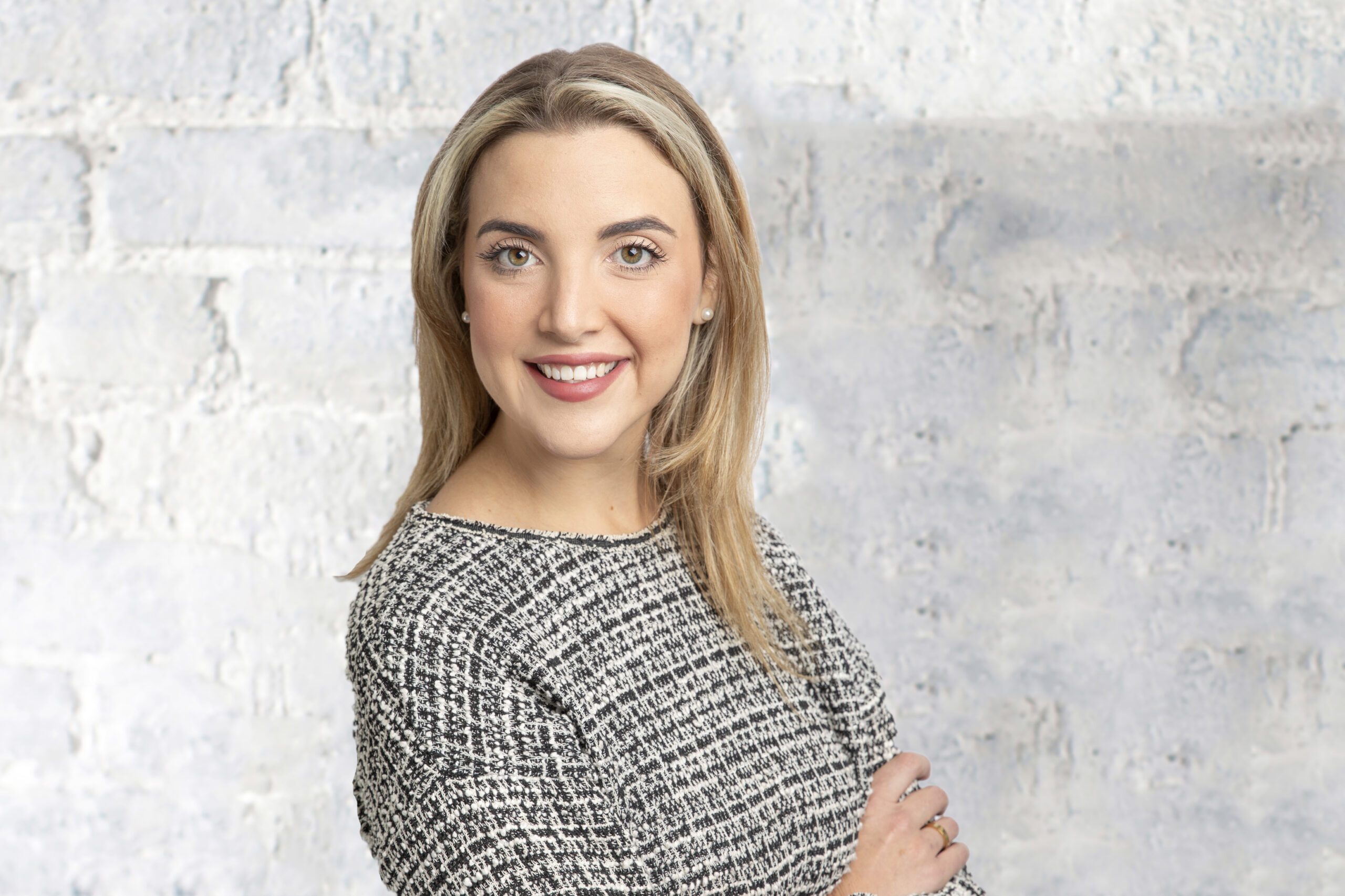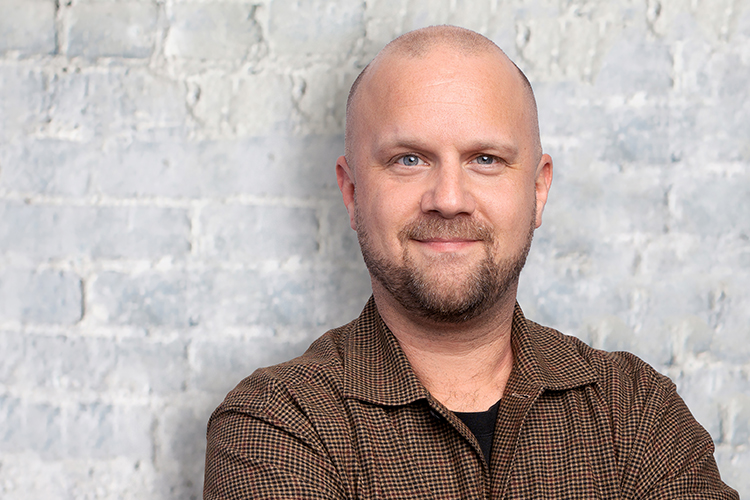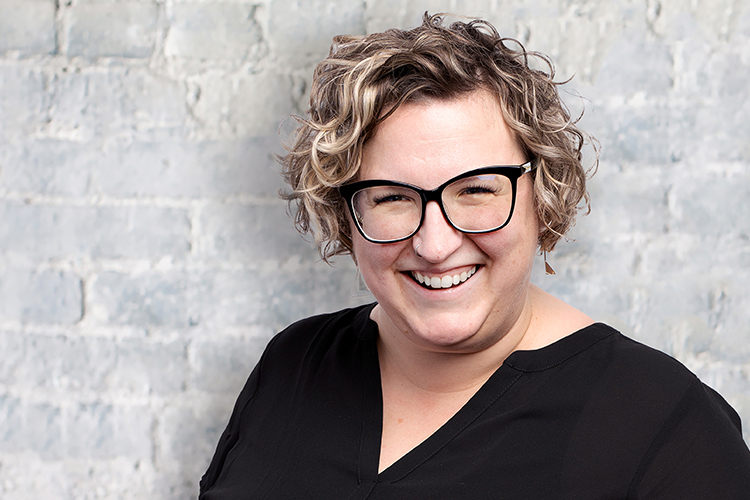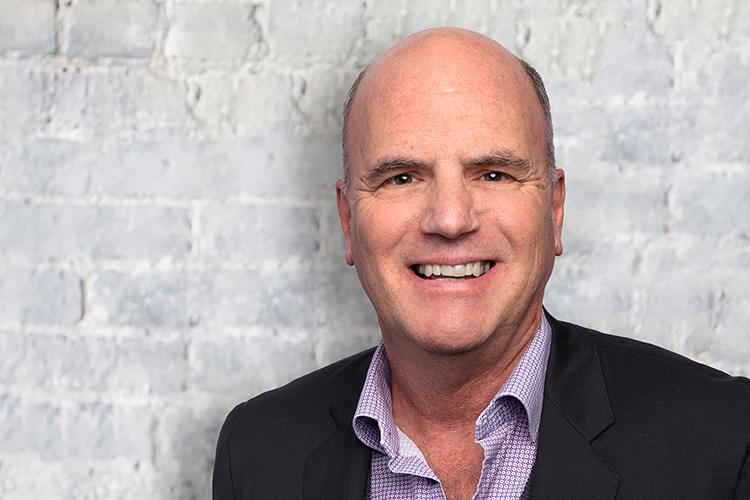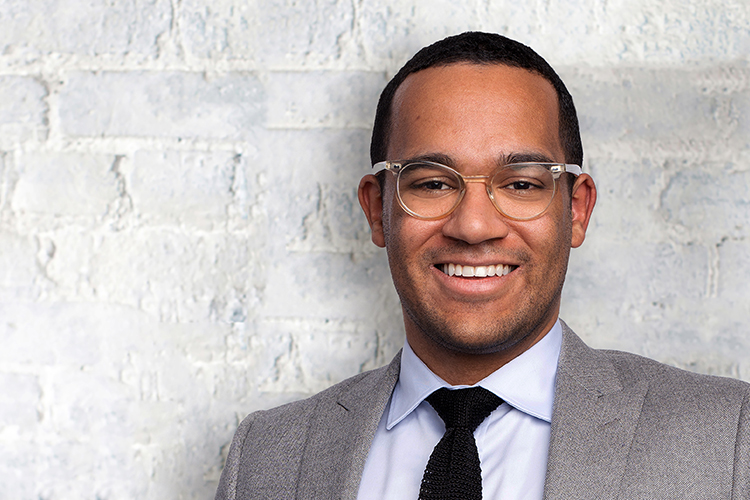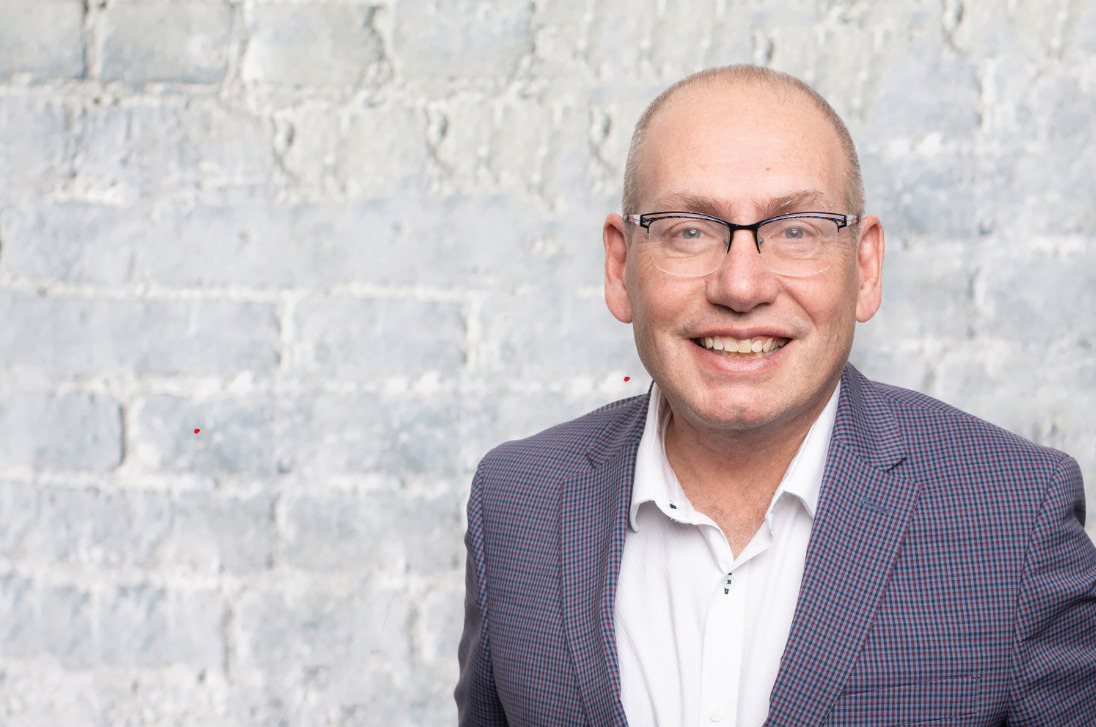Clashing perspectives created a dynamic, respectful debate with BC’s party leaders.
A brisk fall night in Vancouver saw all three leaders of the major political parties provide differing and, at times, divisive views of the future of British Columbia.
BC Conservative Leader John Rustad, BC NDP Leader David Eby, and BC Greens Leader Sonia Furstenau delivered a respectful debate where issues such as housing, affordability, and public safety made the core of the discussion.
While each party delivered differing policy points, this was a marked change from last week’s CKNW radio debate, which many viewed as a dress rehearsal for this week’s televised exchange. A lot can happen in a week in BC politics, and this debate showcased new tactics employed by all parties.
How the leaders performed
While declaring a winner is entirely subjective in a debate like this, each leader projected new versions of themselves to reach beyond their base to court new votes. The TV Leaders’ Debate is largely the first time most voters in provinces like BC tune into an election, and every second counts.
Rustad came across as a competent individual, focusing on bread-and-butter conservative issues such as public safety, the economy, and the deficit. He routinely defaulted to BC Conservative talking points, focusing on common-sense solutions for the economy, but when asked about several public controversies, such as his comments surrounding the COVID-19 pandemic or his candidates’ views on culture war issues, he sidestepped questions from the moderator. Rustad has consistently trailed Eby as the most favoured candidate for Premier in several polls and his debate performance suggested that he was on the back foot with two more seasoned opponents. However, his performance will likely be enough to hold on to the Conservative voter base.
Eby projected himself in a vastly different way this time around from last week’s radio debate. While public approval for Eby remains high, some criticism was levelled his way for his conduct during the CKNW Radio debate. Some voters saw him come across as arrogant or unserious, and when coupled with last week’s polling numbers showing a drop in NDP support, a pivot was in order. Eby needed to project himself with warmth and competence to distinguish himself both from his last performance and Rustad. This was delivered last night, with Eby showcasing a strong command of various files, issues, and of course, controversies that the incumbent NDP Government has weathered. Eby spoke directly to the camera, endearing himself to British Columbians in a way that showcased his experience and comfort on the debate stage. He often turned to directly address or face his opponents, hinting at his background as a litigator. While Rustad spoke about problems facing British Columbians, Eby presented his case for why he would be best to lead the province.
Furstenau came across as the most composed person on the debate stage, as usual. While Eby and Rustad squabbled over policies or controversies, Furstenau displayed a strong depth of knowledge of several key files, such as the opioid crisis, the social safety net, and the environment, contrasting with Eby and the NDP. Her knowledge on issues such as LNG extraction, maintaining a “long-term” focus to government, and holding her opponents to account on their promises also spoke to her experience on the debate stage. She noted herself as the “only elected leader” on the stage but remained quiet on her position as a prospective kingmaker in the next Government. Furstenau showcased herself as an optimistic believer in British Columbia, seeking to appeal to those disaffected by the NDP, but not ready to vote for the Conservatives. Furstenau delivered a sharp contrast between herself and her opponents, offering a hopeful vision of the province.
Key debate topics
Housing
As expected, housing was a major topic of the debate last night, with all participants clashing on their perspectives regarding how to handle the crisis.
Eby touted and defended the NDP government’s wide range of policies to handle the crisis through supply and demand side interventions such as rent control and short-term rental legislation, continuing to argue that there was a larger role for the government to play as a coordinator of funds and support throughout the province. This was one moment of many where Eby was pushed to defend his record and move on the offensive, to a degree of success.
Rustad argued that these interventions are taking power away from local governments, hindering development with additional red tape preventing developers from building homes, emphasizing free enterprise. Rustad referenced his “Rustad Rebate” to immediately provide relief to renters and homeowners, despite the unknown cost of the program.
Furstenau did not pull punches during this portion of the debate, saying that both parties will not make housing more affordable, and instead will protect real estate investors. She focused on affordable housing options coordinated by the government, calling attention to issues like speculation in the process.
Public Safety and the Toxic Drug Crisis
Public safety, especially in downtown areas around the province, remained a focus in this debate, showcasing the salience of this issue.
Rustad provided a personal anecdote about seeing an overdose while in Vancouver prior to the debate, using it as a platform to launch into a discussion on his party’s position surrounding the toxic drug crisis. Rustad continually tied overdoses and drug use to crime to link those issues together and critique the NDP’s various programs to tackle the crisis.
Eby conceded that decriminalization was seen as a failure, but he also defended his government’s capacity to explore new programs and be responsive. Eby stated that the crisis required new thinking, and that his government’s ability to pivot on issues surrounding public safety showed that they listen to public sentiment.
Furstenau critiqued both of her opponents, and maintained that new solutions are required to help those in need.
Healthcare
With the COVID-19 pandemic still on the minds of many people in British Columbia, healthcare was a major point of contention in the debate, fraught with familiar controversy.
Eby acknowledged that the issue of healthcare recruitment and retention is not just a BC specific problem but is being faced across the country to varying degrees. Notably, Eby stated that he would not fire Dr. Bonnie Henry and would later call attention to Rustad’s intention to fire Dr. Henry, which would go against what British Columbians feel about BC’s top doctor.
Later, Furstenau accused Rustad of wanting to privatize healthcare. Rustad said he is committed to universal health care and that government should still pay the bill, pivoting to talking about ER closures and re-hiring health care workers who were fired for not taking the COVID-19 vaccine.
Notably, in another effort to highlight previous comments by Rustad and his candidates, Eby called Rustad “anti-vax,” a reference to several public controversies regarding his comments about the COVID-19 pandemic to private far-right audiences. Rustad retorted that he is vaccinated and is simply “anti-mandate”.
Indigenous Relations
Eby and Furstenau took turns critiquing Rustad on his stance surrounding the Declaration on the Rights of Indigenous Peoples’ Act (DRIPA), legislation that he supported as a BC Liberal, but has since reneged on his support several times publicly, both online and in the CKNW debate. Rustad has come under significant fire for his comments on DRIPA, with Grand Chief Stewart Phillip of the Union of British Columbia Indian Chiefs criticizing his stance, and the Moose Hide Campaign requesting that Mr. Rustad stop wearing their pin.
In the televised debate, Rustad used an analogy referring to the Crown and Indigenous peoples as “parent and child”, with both Eby and Furstenau denouncing this statement. Eby called the work his government has done with Indigenous governments a “partnership” instead.
Platforms as an Issue
Curiously, another major thread sewn throughout the debate was the lack of a costed platform from the BC Conservatives. Both Eby and Furstenau called attention to the commitments and policies announced by the BC Conservatives so far, noting there is concern about cuts to services under a prospective BC Conservative government. Eby stated that they have “seen this film before,” and that Rustad is hiding the high financial cost and inability to balance the budget by delaying a costed platform release. In the scrum following the debate, Rustad stated that his party would be releasing a costed platform by the end of the week.
Women and youth hold sway
There is a tremendous amount of fluctuation in British Columbia for who is ahead in the polls, and the data shows that women and those aged 18-34 are playing a massive role in this election. Data from Leger shows that the BC NDP recently gained a tenuous lead over the BC Conservatives, placing the NDP at five points ahead. This is due to a reversal within younger voters and women, who previously were slightly more supportive of the Conservatives.
This debate, while not focused on issues unique to either demographic, will make an enormous difference for these demographics as their votes begin to solidify ahead of advanced voting. Rustad painted an image of a British Columbia in decay with a bloated civil service, while Eby offered a more pragmatic, if not hopeful focus for the next generation. Extensive data taken from over the campaign shows that women tend to vote for the NDP, while younger voters nationally are breaking toward the Conservatives because of a dissatisfaction with incumbent governments. Furstenau took Rustad to task saying that he would want to see British Columbia from “1957”, which draws allusions to climate action, social issues, and the social safety net.
Time will tell whether this change is an indication of a shift that the NDP can rely on to carry them to office.
On to the advanced polls
The debate drastically shifted the tone for this election race as we near the end of Week Three. Now this race becomes less about the leaders and more about individual candidates in all ridings across British Columbia. While the BC NDP can harness their war chest and legions of volunteers, they are campaigning against a new opponent who can still put forward new tactics. The BC Conservative candidates have dodged questions and town-halls, opting to focus on door knocking, but these impressions are ones that undecided voters will remember.
Advanced polls are open on Thursday, October 10 through to Sunday, October 13. Election day is Saturday, October 19.
Throughout the campaign, Counsel will be bringing you campaign updates, to keep you up to date on the election. Our multipartisan team will be tuned in to provide analysis on how this race will impact future governance, public policy, and the lives of British Columbians.
Logan Ross
Senior Vice President
lross@counselpa.com
Jean-Marc Prevost
Vice President
jprevost@counselpa.com
Amanda van Baarsen
Vice President
avanbaarsen@counselpa.com
Steven Greenaway
Senior Advisor
sgreenaway@counselpa.com
Will Shelling
Account Director
wshelling@counselpa.com
Peter Dalla-Vicenza
Senior Consultant
pdallavicenza@counselpa.com

